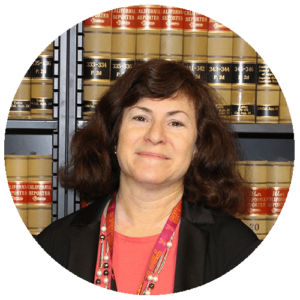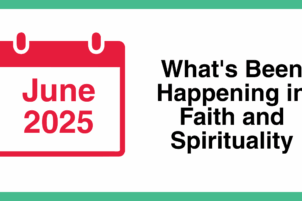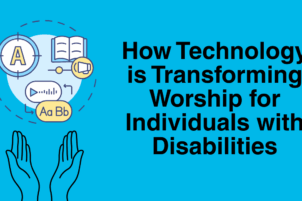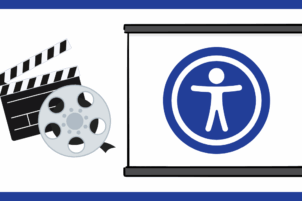In my five years as Executive Director of JLA Trust & Services, a Los Angeles-based nonprofit that helps Jewish and non-Jewish adults with a range of disabilities enjoy a high quality of life with affordable pooled special needs trusts, I have noticed one clear determinant of wellness and happiness for our clients. Is there a family member, close friend or kind neighbor who can provide ongoing support and assistance? In other words, is there anyone in this person’s life who is not being paid to care for this individual?
It is that crucial factor, much more than the primary diagnosis, level and impact of disability or even the amount of money available to them that makes the difference. Government programs cannot be counted on to take the initiative and follow through with individualized help. Support and friendship can come in many packages and forms, from a sibling or aunt who lives close by or far away, a former brother-in-law, or from a long-time friend of the parents. For one of our older clients, his help came from the two adult daughters of his girlfriend, even though that girlfriend had passed away.
Adults with disabilities need help in many different ways, from filling out their annual Medicaid re-determination papers, handling a deceased parent’s inherited IRA account or figuring out how to purchase a new mattress. Many are fearful of technology and don’t know how to set up and use apps on a smartphone. IDs and credit cards are often lost or left behind on public transit. There are many scams and financial predators who prey on persons with intellectual disabilities, knowing they have a monthly check coming in from the government.
Sometimes it is too hard for them to schedule necessary proactive medical procedures such as colonoscopies. Many clients find themselves stuck after receiving a notice from the Social Security administration regarding their SSI benefits, or a bill from the hospital or private health insurance company.
Since our own son was diagnosed with special needs 25 years, the Jewish community in the United States has made considerable progress in including more young children and teenagers in nursery schools, afterschool and summer camps, and “Special Needs” B’nai Mitzvot have become commonplace. There’s no question that awareness of special needs and disabilities has grown across all denominations, but many of these inclusive programs fade out as the person ages out of special education services at age 22, which is the exact time when more supports are needed.
From my vantage point at JLA Trust, I meet many Jewish middle-aged and older adults with disabilities who never married, don’t have kids, and their parents have passed on or are in some stage of chronic illness or dementia. In some cases, there are siblings around who want to help, but unfortunately, more often, there are either no siblings or great estrangement and a history of resentment and anger between the siblings. Although there are Jewish Child and Family Services agencies around the country who can provide some free case management, even getting into an intake and filling out the forms can be intimidating. We all need a friendly advocate from time to time, but this role is even more crucial for those who communicate slower or with more difficulty than their peers.
Since strong friendships don’t usually happen quickly, it is very important that cousins, family friends and synagogue congregants become part of the larger circle of support for a teenager or adult with disabilities. In some cases a formal “buddy system” can lead to a lifelong friendship, but that is rare. Especially during these pandemic years, it is all too easy for families with adult children with disabilities to isolate themselves. When Chesed committees are looking to reach out to the elderly who are living alone, I hope they will expand their services to younger adults with disabilities, who are often living alone with one or both elderly parents.
As Carole King sang, Now, ain’t it good to know that you’ve got a friend/When people can be so cold?









Thank you Michelle. Such a difficult situation for those of us on the frontlines. It’s time for leaders in our community to speak up and encourage involvement. Thanks for taking the lead.